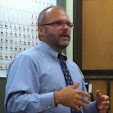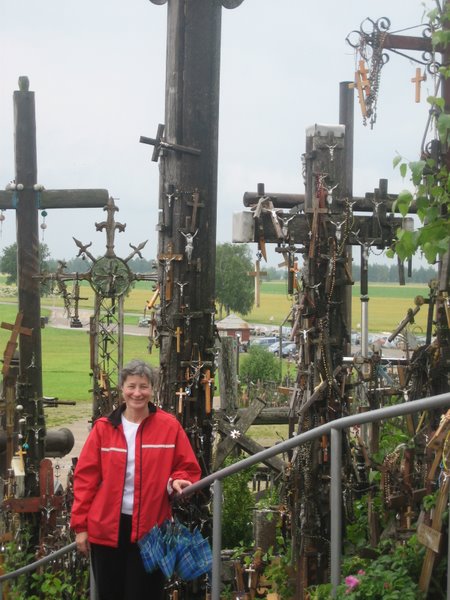In the late 1980s, nascent political movements in Eastern and Central Europe began to push on the communist party-state's authority by finding some issue or topic on which the regime looked bad or inept and demanding improvement. If you know, for instance, that the regime is poisoning all the water as a part of the industrial process of making buses for the Soviet Union, demand cleaner water (as part of the promise of a better life under socialism) as the way to critique and challenge the government.
In Bulgaria, for instance, Ecoglasnost grew up as an environmental movement in opposition to much state policy and behavior. PoMos that I knew were excited--see, they said, these people understand that things like environment really matter. Once the Communist Party fell from authority, however, the social movement split into something like 37 political parties--arrayed across the political spectrum, many of them with a lot more concern about national identity issues, the economy, or just their own political prospects than for the environment. Environmental issues had been a convenient wedge or cudgel with which to pound on the state (and thereby, the party).
As soon as that thing which had called forth their resistance evaporated, the rationale for resistance and their "identity" as and in resistance evaporated, too. As the LCC chaplain put it, if you're identity is made by your resistance, then once that which you're resisting disappears, your identity disappears, too.
And so it seems with the Catholic Church here. The chaplain readily agreed that the Church was used as such a symbol (remember the Hill of Crosses), and that after the collapse of Communism, the church's identity became much more hollow.
So, perhaps in vanquishing the Communist identity and philosophy the church drained some of its identity-making and spirituality-ordering capacities, too. And so what looks like a Post-Modern landscape might be something more like a void that gets filled with the only thing left--the self. But even that self is moderated through traditional (though lifeless) forms like "the church."
Okay, I'm starting to tire myself, so you must really be ready to move away from this topic.
Friday, July 20, 2007
Subscribe to:
Post Comments (Atom)





No comments:
Post a Comment